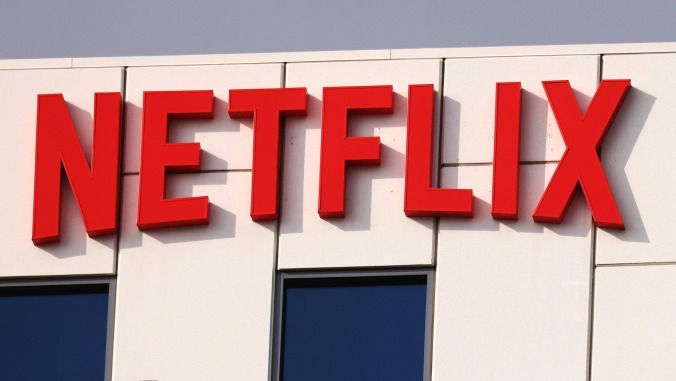Netflix’s ad-supported tier is surprisingly popular—especially to Netflix
The streaming service isn't out of the woods yet, but things are going better than Netflix thought they would

Netflix Photo: Mario Tama
When Netflix finally announced the long-dreaded ad-supported tier of its streaming service, it seemed like the most obviously desperate move in a year of total desperation for the company. Subscriber numbers were down, shareholders were getting annoyed, and cracking down on people sharing their passwords somehow wasn’t earning the company any goodwill. The ad-supported option didn’t even seem like an especially great deal: For half the price of regular Netflix (which is absurdly expensive, by the way) and agreeing to put up with advertisements, you didn’t even get access to all of the stuff on Netflix—since some content had only been licensed to the streaming service on the understanding that it would never have ads.
 Keep scrolling for more great stories.
Keep scrolling for more great stories.
